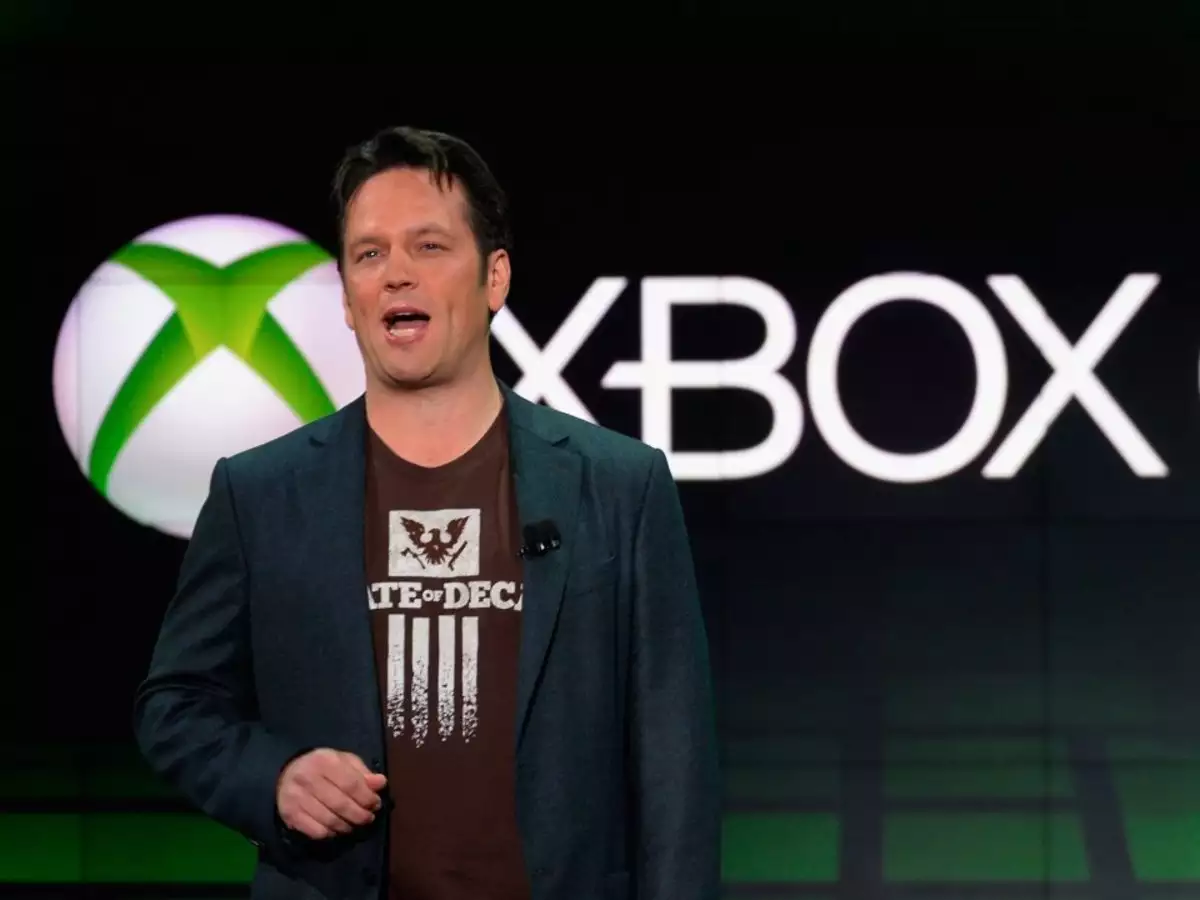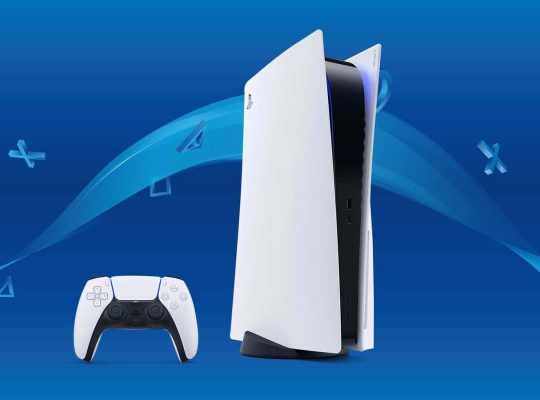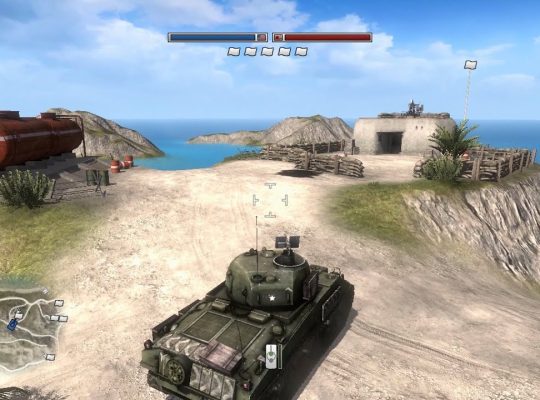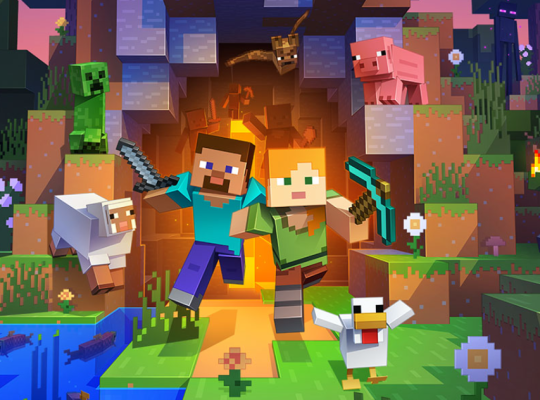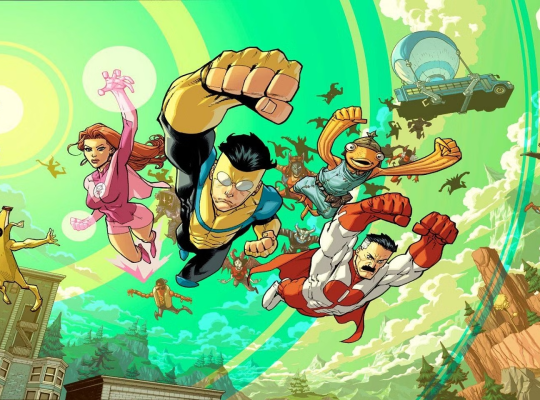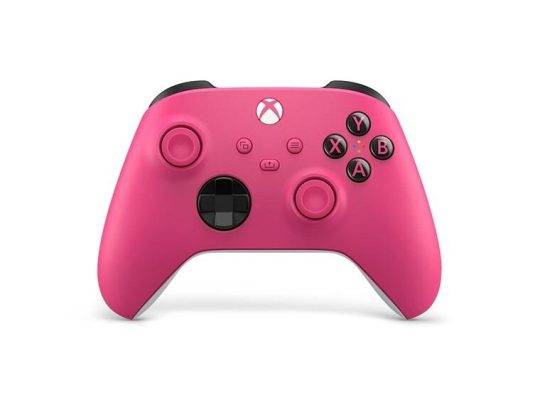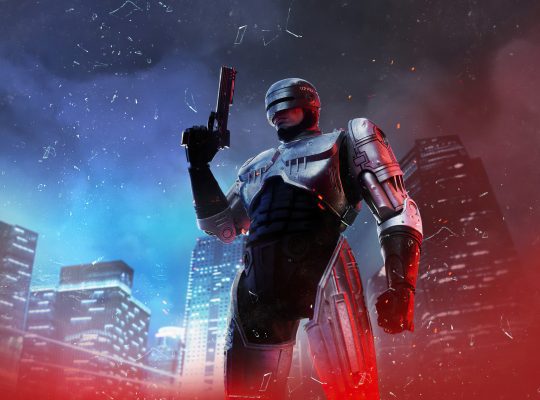For decades, the gaming industry was defined by the “console wars”—a fierce rivalry between giants like Nintendo, Sony, and Microsoft’s Xbox. Fans passionately debated the merits of their preferred platforms, while exclusives like Halo or Uncharted fueled loyalty. But in a recent interview, Xbox CEO made it official: The era of console warfare is over. Here’s what this shift means for gamers, developers, and the future of the industry.
The Rise and Fall of the Console Wars
The term “console wars” emerged in the 1980s and ’90s, peaking with the rivalry between Sega and Nintendo. By the 2000s, Sony’s PlayStation and Microsoft’s Xbox entered the fray, battling over hardware specs, exclusive titles, and market dominance. Each generation brought new skirmishes: the PlayStation 2’s DVD player, Xbox Live’s online multiplayer revolution, and Nintendo’s innovative Wii.
But the landscape has evolved. In 2024, Spencer stated, “The idea of ‘beating’ another platform is outdated. Gaming is no longer confined to a plastic box under your TV.” His words reflect a broader industry trend: consoles are no longer the sole gatekeepers of gaming.
Why the Wars Have Fizzled Out
Several factors have dissolved the once-cutthroat competition:
- The Rise of Ecosystems
Platforms like Xbox Game Pass, PlayStation Plus, and Nintendo Switch Online prioritize subscriptions over hardware sales. Gamers increasingly invest in libraries of titles accessible across devices, reducing reliance on a single console. - Cross-Platform Play
Multiplayer games like Fortnite and Minecraft now connect players across Xbox, PlayStation, PC, and even mobile. Developers prioritize inclusivity, and walled gardens are crumbling. - Cloud Gaming and Mobile Expansion
Services like Xbox Cloud Gaming and Nvidia GeForce Now untether games from hardware. Meanwhile, mobile gaming’s explosive growth (projected to hit $200B by 2025) has shifted focus to accessibility over exclusivity. - Exclusives Go Multi-Platform
Sony releases PlayStation titles on PC, Nintendo licenses its IP for movies and theme parks, and Xbox launches day-one Game Pass titles on PC. As Spencer noted, “Our goal is to meet players where they are, not force them to choose sides.”
What This Means for Gamers and Developers
For players, the end of console wars means more choice and flexibility. Cross-save features, shared progression, and subscription bundles empower gamers to enjoy titles across devices without rebuying hardware.
Developers benefit, too. With fewer barriers, studios can reach wider audiences. Indie games thrive on platforms like Steam and Game Pass, while AAA titles maximize revenue through multi-platform launches. Even traditional rivals collaborate: Microsoft and Sony partnered on cloud gaming initiatives in 2022.
But challenges remain. Some fear reduced hardware innovation if consoles become niche products. Others worry about monopolistic practices as companies compete for subscription dollars rather than console sales.
The Future: Collaboration Over Competition
The industry’s future lies in interoperability. Microsoft’s acquisition of Activision Blizzard—framed as a move to “bring more games to more people”—highlights this shift. Meanwhile, Sony’s push into live-service games and Nintendo’s hybrid hardware strategy show diversification is key.
As Spencer put it: “This isn’t about ‘winning’ anymore. It’s about ensuring gaming grows as a universal art form.” The metrics support his vision: in 2023, 49% of gamers played across multiple platforms, up from 34% in 2020.
Conclusion: A New Era of Gaming
The console wars weren’t “lost” by any company—they were rendered obsolete. Gaming is now a $300B industry spanning consoles, PCs, mobile, and cloud. The focus has shifted from selling boxes to building communities and seamless experiences.
While nostalgia for the rivalry lingers, the end of the wars is a win for everyone. Gamers get more freedom, developers gain broader audiences, and the industry can innovate without artificial divides. As Spencer said, “The player, not the platform, is at the center of everything we do now.”
And really, isn’t that what gaming should always have been about?

